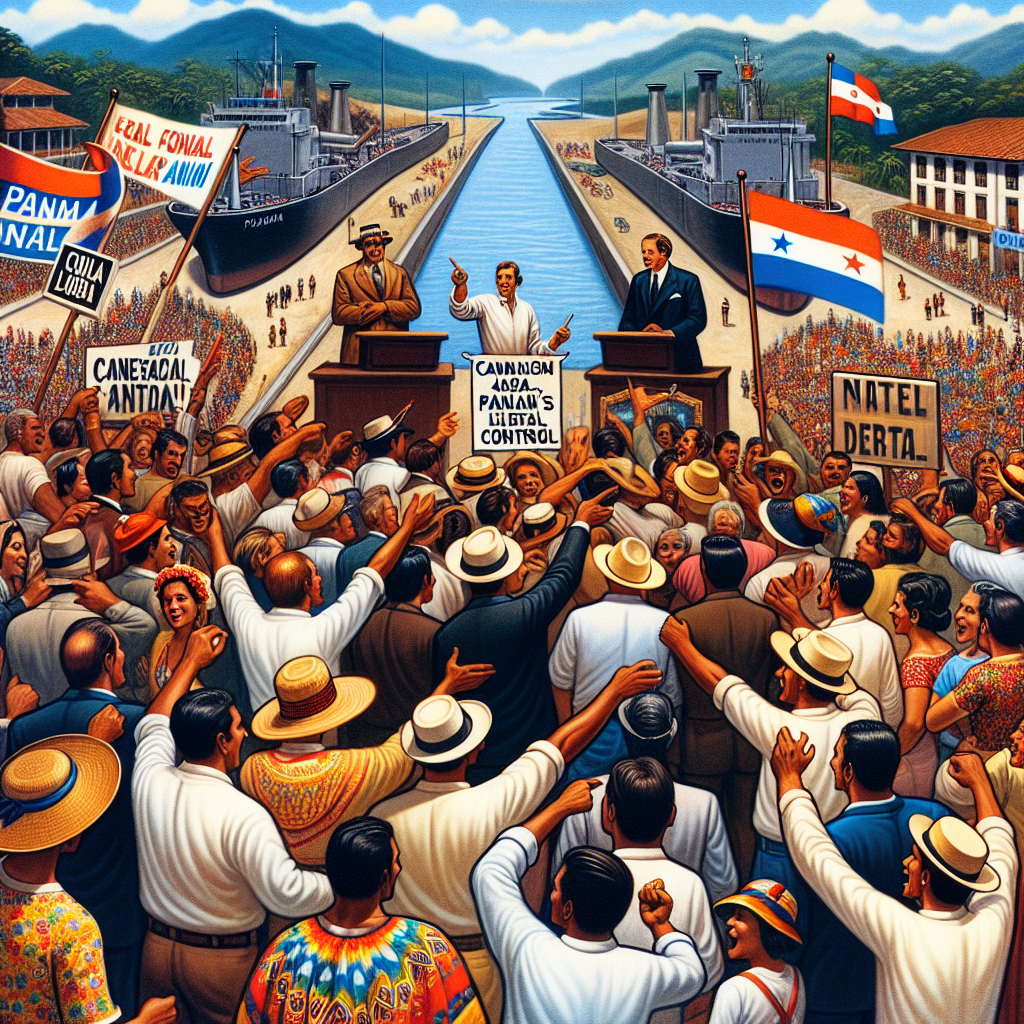Panama Celebrates Canal Handover Amidst US Control Debate
Panama Celebrates Canal Handover Amidst US Control Debate
Historical Context
The Panama Canal, a crucial maritime route connecting the Atlantic and Pacific Oceans, has been a focal point of international trade and geopolitical interest since its completion in 1914. Originally under U.S. control, the canal was handed over to Panama on December 31, 1999, following the Torrijos-Carter Treaties signed in 1977.
Celebration of Sovereignty
Panama recently marked the anniversary of this significant handover, celebrating the canal’s role in bolstering national pride and economic independence. The event was highlighted by:
- Festive ceremonies and cultural displays emphasizing Panamanian heritage.
- Speeches by government officials underscoring the canal’s impact on Panama’s development.
- Public acknowledgment of the canal’s contribution to global trade.
Ongoing Debate Over U.S. Influence
Despite the celebrations, discussions continue regarding the extent of U.S. influence over the canal. Key points of debate include:
- Concerns about U.S. military presence and strategic interests in the region.
- Economic implications of U.S. policies on canal operations and tolls.
- Panama’s efforts to assert greater autonomy in managing the canal’s affairs.
Economic and Strategic Importance
The canal remains a vital artery for international shipping, with significant economic and strategic implications:
- Facilitates approximately 5% of global maritime trade.
- Generates substantial revenue for Panama, contributing to national GDP.
- Serves as a strategic asset in global logistics and military planning.
Conclusion
The anniversary of the Panama Canal handover is a moment of national pride for Panama, celebrating its sovereignty and economic achievements. However, the ongoing debate over U.S. influence highlights the complex geopolitical dynamics surrounding this critical waterway. As Panama continues to navigate these challenges, the canal remains a symbol of both opportunity and contention on the global stage.


















